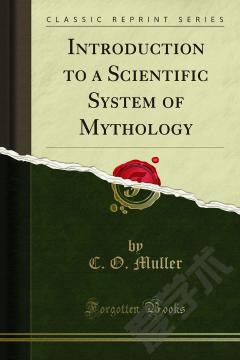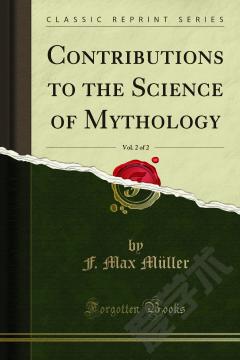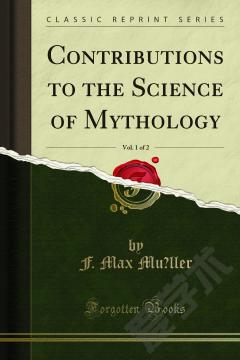Introduction to a Scientific System of Mythology
If you're interested in learning more about Greek mythology and a new method of organizing your thoughts about mythos, then Introduction to a Scientific System of Mythology/ is an invaluable tool for analyzing mythology in any culture. Introduction to a Scientific System of Mythology/ begins by defining mythos and establishing the idea that myths are made up of two distinct concepts: the ideal and the real. Then the source of mythology is explored, asking two main questions: what do we know about mythology and how do we know it? The answer is that myths are passed down through generations, first through oral tradition, then through epic poetry, Alexandrian poets, lyric poets, logographers and historians. The chapter regarding the actual origin of mythos is intriguing, for as Muller points out, it is impossible to trace specific myths to particular people. If myths originated with more than one person or from a group, then how did this collective establishment of storytelling actually happen? Muller's answer, in part, is that there is a collective unconscious need to create heroes and stories that relate to life. Muller's analysis predates the formal establishment of psychology, but draws on the same concepts to describe mythology's role in Greek life. Having laid down a scientific method for analyzing mythos, Muller explains how to apply his reasoning to the great Greek heroes. Finally, he compares his own scientific method with the approaches taken by other scholars and philosophers, explaining the similarities and differences. This section is a helpful reference for anyone who studies mythology, philosophy, literature or other subjects. Introduction to a Scientific System of Mythology/ is well-translated from the original German and is a smooth read. Those interested in mythology should definitely read this book.
{{comment.content}}








 京公网安备 11010802027623号
京公网安备 11010802027623号